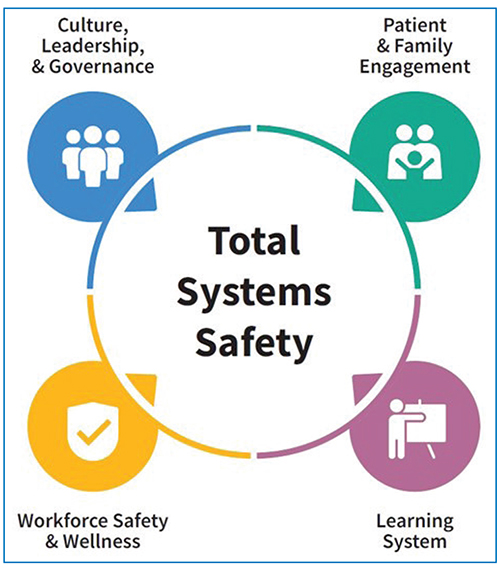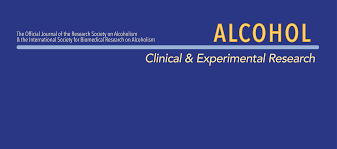Data cast doubt on recommendation to delay weight-loss meds prior to surgery

Editor's Note A recent analysis of insurance claims data suggests weight-loss medications like Ozempic (semaglutide), Trulicity (dulaglutide), and other glucagon-like peptide-1 (GLP-1) receptor agonists do not increase risks associated with undergoing anesthesia. As reported April 22 in MedPage Today, these finding that contradicts a June 2023 recommendation from the American Society of…
Unveiling ECRI’s 2024 Top 10 Patient Safety Concerns list

From integrating new technology to navigating shifts in care delivery and mitigating burnout, the most pressing challenges for healthcare organizations tend to be multifaceted problems that demand multifaceted solutions. For evidence of that, look no further than the Top 10 Patient Safety Concerns 2024 list from ECRI. For every risk…
ASA annual meeting highlights top 10 risks of providing anesthesia in ambulatory setting

Editor's Note There are certain patients and clinical situations that may require anesthesiologists to say no to performing surgery in the outpatient/ambulatory setting, Anesthesiology News April 4 reports. At the 2023 annual meeting of the American Society of Anesthesiologists (ASA), BobbieJean Sweitzer, MD, a professor of medical education at the…
Study: GLP weight loss, diabetes therapies boost GI endoscopy pneumonia risk

Editor's Note Gastrointestinal endoscopy could increase the risk of aspirational pneumonia in patients using GLP-1 receptor agonists (RAs) to manage weight or treat diabetes, according to an April 1 report from MedPage today. Citing research published in the journal Gastroenterology by a team led by Kevin Sheng-Kai Ma, DDS, of…
Blood test could help identify risk of sepsis, organ failure in children

Editor's Note Measuring gene activity in blood samples could help determine whether a child is at risk of sepsis and organ failure, according to findings published March 18 in The Lancet Child & Adolescent Health. It is often difficult for clinicians to diagnose sepsis because the symptoms are similar to…
Researchers test alternative approach to ranking US heart transplant candidates
Editor's Note The current method for identifying heart transplant candidates with the most urgent need might not be the best one. In a study published February 13 in Jama Network, a candidate risk score incorporating the latest clinical, laboratory, and hemodynamic data out-performed the current treatment-based categorical allocation system. …
Thyroid hormone replacement boosts risk of abdominal surgery complications

Editor's Note: Preoperative thyroid hormone replacement independently predicts operative morbidity and length of stay following major abdominal surgery, according to a January 23 report in the American Journal of Surgery. To determine the association between preoperative thyroid hormone replacement and complications following major abdominal surgery, researchers performed a retrospective case…
AI screening identifies patients’ risky preoperative alcohol use

Editor's Note: A recent study suggests artificial intelligence (AI) can be valuable for identifying patients who consumed risky amounts of of alcohol prior to surgery. Findings appeared in the journal Alcohol, Clinical and Experimental Research on January 8. For the study, researchers extracted 3 years of text-based clinical records from…
New water quality standard released by AAMI

Water is a major component of medical device processing. It is used in cleaning solutions, rinse water, and to generate steam for sterilization. Because of its crucial role in medical device processing, the Association for the Advancement of Medical Instrumentation (AAMI) determined it was necessary to upgrade the Technical Information…
Over 7,500 steps per day done preop leads to better outcomes
Editor's Note Active daily habits–specifically getting more than 7,500 steps a day before a surgical procedure–cuts the odds of complications within 90 days after discharge in half, regardless of the complication of a patient’s operation, MedicalXpress October 20 reports. The findings were presented at the American College of Surgeons Clinical…

 Free Daily News
Free Daily News